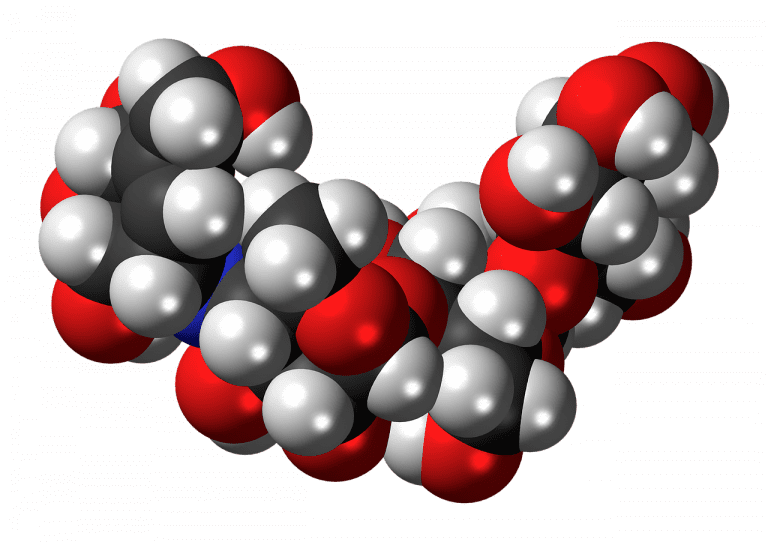Table of Contents
Diabetes Early Signs You Should Know
Diabetes is one of the most common diseases of our age, and this is evident from the number of people affected by diabetes. However, diabetes doesn’t develop overnight. There are certain early signs that a person has diabetes, and these are what you need to look out for in order to take the right action. When someone mentions that they have diabetes, these are just some of the signs that can be used to determine whether the person really does have the condition or not. Read on to learn more about the things that you should be looking out for in diabetes early symptoms.
The first diabetes early signs you should be looking out for in determining whether a person has diabetes is repeated high readings on their glucose monitor. This is a very important point to note, because there are various reasons why a person’s glucose level may be so high. Most often, the reason why a person’s level is high is because of too much insulin being produced. When insulin levels are high, the cells in the body do not get the nutrients that they need. As a result, glucose builds up and glucose levels start to rise, resulting in an elevated blood sugar level.
There are other diabetes early signs that you should be looking out for.
For one thing, a sudden increase in appetite is considered to be a diabetes symptom. In addition, a sudden drop in weight without a similar increase in exercise is also considered to be a sign of diabetes. A sudden and drastic change in the pattern of urination, as well as frequent and involuntary loss of water and excessive thirst is also considered to be an early sign of diabetes. All of these signs can be attributed to different types of diabetes.
Another thing that you should keep an eye out for when determining whether you have diabetes is any loss of strength, coordination or the ability to perform physical activities. This can be a very important sign of a diabetes condition since it often goes hand in hand with diabetes. One of the most obvious signs of diabetes is a change in the color of your eyes. If your vision has been getting worse, then this is often considered to be a sign of diabetes.
If you are experiencing excessive thirst, even if you do not drink much water, then you should consider getting into a frequent urine exam. An urine test can reveal whether you have low levels of glucose or if there is some other condition causing your thirst. Of course, not all people suffer from excessive thirst. This is a common early sign of diabetes. If, on the other hand, you are suffering from frequent thirst, then there could be a serious medical condition causing your thirst, which needs to be diagnosed right away.
Watch out for fatigue
If you are feeling unusually fatigued, confused or listless, then you should consider having yourself tested for low blood sugar. This is one of the early signs of diabetes that many people ignore. However, having low blood sugar can be a sign that you are suffering from a diabetic condition and that treatment should be considered.
Many people also experience unusual itching or burning sensations in their skin, ears, mouth or fingers. These are also some of the early signs of diabetes that many people fail to realize. Sometimes, people notice that their legs start to swell or they start to have blurred vision. In more severe cases, people may experience chest pains, trouble breathing and nausea or even seizures, so if you experience any of these symptoms, then you should definitely call your doctor immediately to get a diagnosis for diabetes.
Other early signs of diabetes include feeling nauseous or indigestion, losing weight, having swollen feet or fingers and feeling dry or chapped. However, these symptoms can also be caused by another medical condition and therefore, should never be ignored. Remember that diabetes is a very serious disease and that not treating it immediately can have serious consequences. Recognizing the early signs of diabetes is one of the best ways to help prevent the long-term effects of diabetes.







